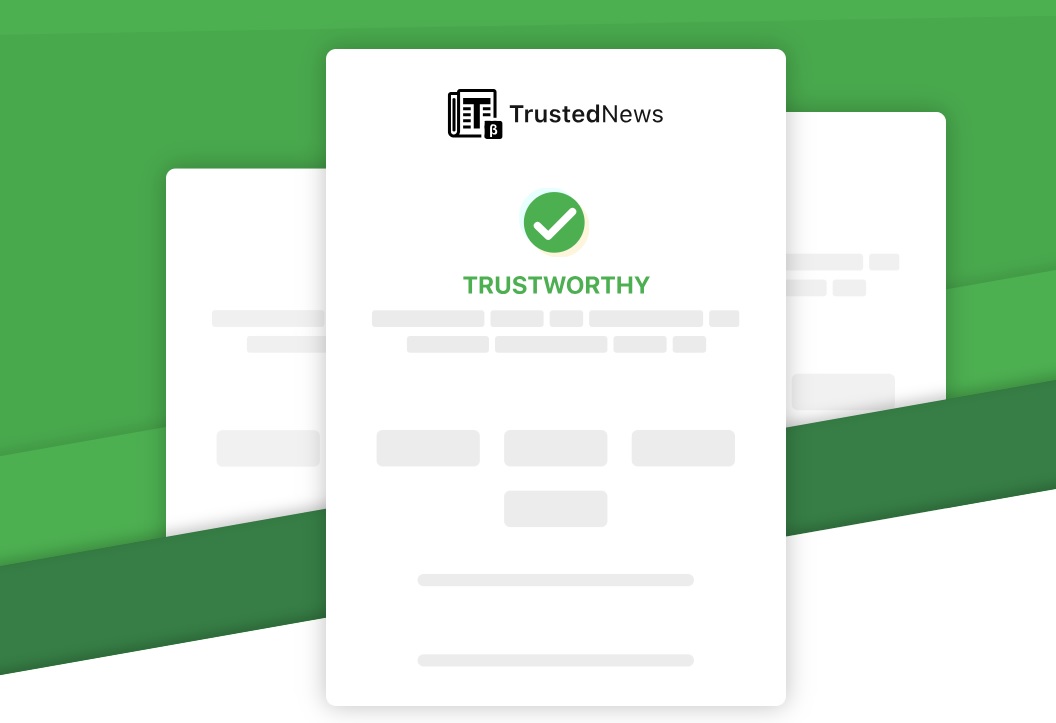
There are a lot of dangerous scams across social media. However, Facebook friend request scams are amongst some of the most likely to work.
You’re less likely to spot Facebook scams because it involves somebody you would believe is your friend getting in touch.
That kind of prospect is inviting for most of us, and most people would like to respond to the message. Unfortunately, that makes the scam much more likely to work, and that is where things get tricky.
A Closer Look At The Facebook Friend Request Scam
Over the years this scam has taken many different forms. You might be surprised to know that the latest scam is the ‘classic version’, not anything particularly new.
Sadly, the classic version of the scam is the nastiest. It involves a scammer cloning a friend’s entire account. From that account, they then send friend requests out to all the friends listed on the account.
From that point, the scammer is hoping that as many friends as possible from that account will accept a friend request. Once the friend request is accepted, the scammer can follow up with messages to activate the scam in full.
The Sophistication Of The Scam
The concept of the scam might seem simple, but it takes a lot more planning than you might think.
The initial stages involve the scammer doing lots of research into their target. Plenty of criminals seek to target wealthy Western Facebook users since they offer the maximum potential return.
Then once a target is chosen, the scammer will clone the profile and copy all of the public photos available from the original profile.
When this process is complete friend requests are sent out under the assumption that the recipients will not think too deeply about it and just accept.
The more friends that accept the request, the more likely the scam is to grow because mutual friends on the account make it seem more legitimate. Once the connections are made, the final and worst stage of the scam occurs. This is when the scammer sends out messages with virus-loaded links or simply asking for money.
As the victims believe they know the person messaging them, many people do fall for the bait.
How To Avoid Being The Target Of A Facebook Friend Request Scam
To avoid your account being cloned, hiding your friends list is a great idea. You can watch an instructional video on how to do this on Youtube.
To avoid falling victim to a scammer pretending to be a friend there are lots of things you can do including:
- Thinking twice about any friend request you receive
- Getting in touch with your friend if you receive a request from a second account, asking them if it is them
- Avoid friending anyone with minimal information on their profile, or a small number of posts
- Never, ever give out your financial details to a new account on Facebook
- Never, ever give money to a person who you’ve just accepted as a friend on Facebook
- Avoid clicking on links from the messages of a newly accepted friend on Facebook
- Report any account you suspect as being fraudulent immediately
I Fell For The Facebook Scam, What Should I Do?
If you have fallen for the Facebook scam already there is still plenty you can do, including:
- Report the account straight away by following the instructions provided by Facebook
- Contact the friend whose account has been cloned and let them know what has happened
- Change any login details you have given to the scammer immediately
- Speak to your bank and Facebook straight away if you have given your financial details out
The important thing is to remember is that you aren’t the only one who has fallen for the scam, and you won’t be the last.
Stay aware, stay savvy and never be afraid to question something that doesn’t feel right. Criminals are always working to develop new scams on social media platforms. By being aware you can protect yourself and others from falling victim to the many increasingly sophisticated scams present across social media.







Leave a Reply